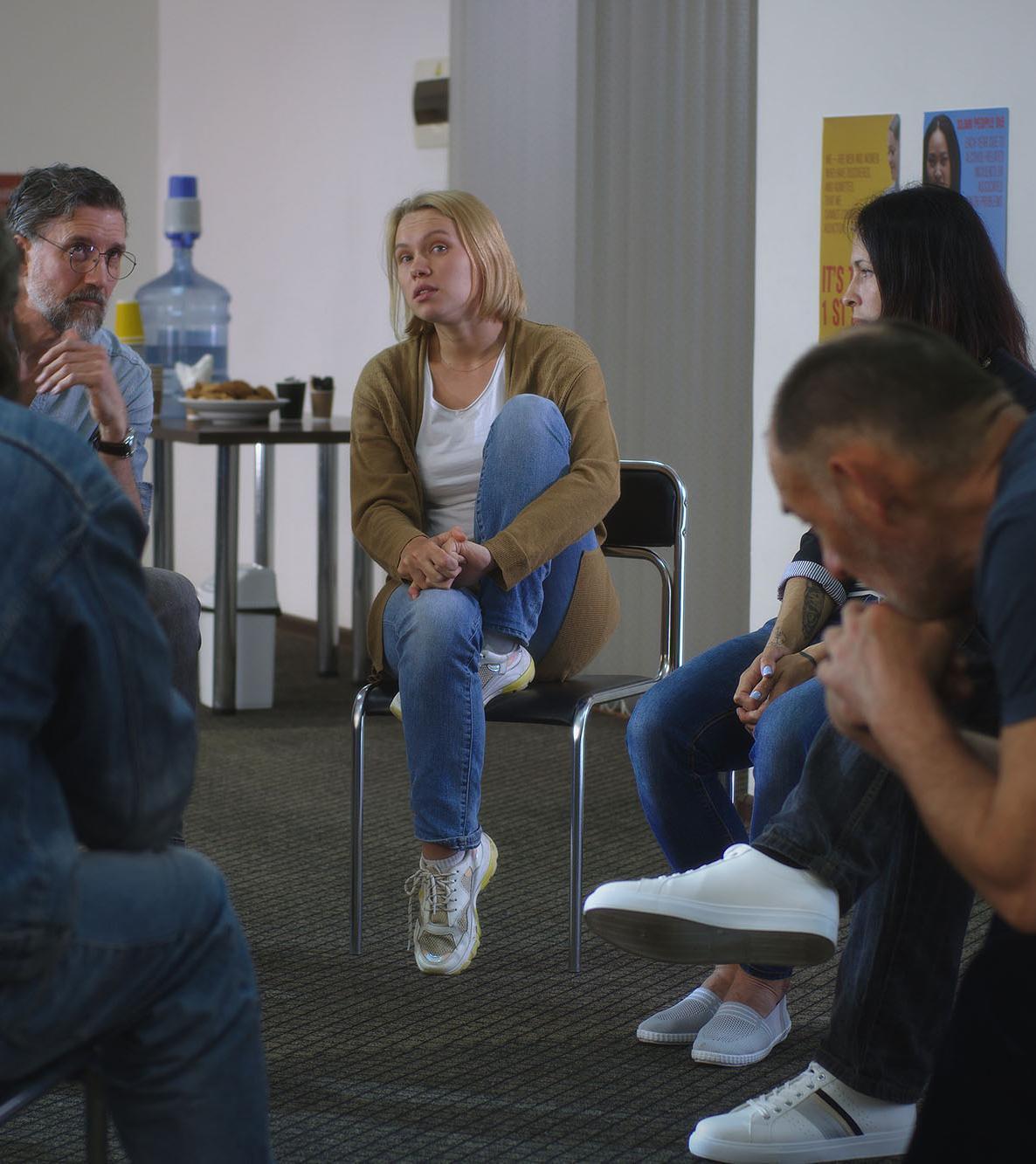Doctor of Professional Studies in Psychological Trauma DProf


Applications for this programme are now closed!
We have received a high volume of applications for this programme and the academic department have taken the decision to close applications. We do not anticipate it will be necessary to reopen applications for 2025 entry due to the level of interest we have received. Applications for October 2026 entry will open in September 2025. As the demand for this programme is high, we would encourage you to apply as soon as possible once applications reopen.
Postgraduate Courses in Psychological Trauma- Online Info Event
Join us online for our Psychological Trauma information events. These will cover this course in detail, as well as the PGCert in Psychological Trauma. They're specifically designed to help you find out more, give you the chance to meet academics, and have your questions answered.
You are viewing Course summary
Course Summary
Our DProf course recognises the achievements of practitioners in the disciplines of psychological trauma. The DProf facilitates the generation of original knowledge that comes out of experience and practice and enables a fresh and meaningful contribution to be given to practice-based knowledge and dialogue.
There is a vibrant research community at Chester, consisting of both PhD and DProf research students, who meet regularly together, alongside the research staff, to support each other and stimulate new thinking and research ideas.
Many of the staff who input on the programme are nationally and internally recognised for their subject contributions.
What You'll Study
You’ll undertake a research project. This will involve completing a critical literature review; choosing an appropriate methodology to address the research question; gathering and analysing the data; drawing conclusions in line with the research question and reflecting on the research and its significance, making recommendations for future practice and research.
The information listed in this section is an overview of the academic content of the course that will take the form of either core or option modules and should be used as a guide. We review the content of our courses regularly, making changes where necessary to improve your experience and graduate prospects. If during a review process, course content is significantly changed, we will contact you to notify you of these changes if you receive an offer from us.
Teaching
Learning takes place in four-day blocks at the start of years one and two, and in monthly group tutorials. Throughout the course, you will be supported in the monthly group tutorials and in individual tutorials where necessary. You will have access to the full range of online library facilities and all the resources within the University.
Assessment
Assessment is by means of essays, publishable articles, presentations, and a research proposal. In the research phase, assessment will be by thesis and viva. Part-time students are expected to allocate at least 16 hours per week to their studies.
Entry Requirements
- 2:2 honours degree or above.
- MA/MSc in a Psychological Trauma- related discipline graded at 65% or above for the research dissertation. Please evidence this by providing your final Master’s transcript.
- Experience or training in a range of research methodologies.
- Substantive therapeutic practitioner experience (in the field of psychological trauma) is also required. The nature of the programme draws on the student’s practitioner experience as a source of the content they will work with in their studies, so this is required in order to do this effectively.
- 2:2 honours degree or above.
- MA/MSc in a Psychological Trauma- related discipline graded at 65% or above for the research dissertation. Please evidence this by providing your final Master’s transcript.
- Experience or training in a range of research methodologies.
- Substantive therapeutic practitioner experience (in the field of psychological trauma) is also required. The nature of the programme draws on the student’s practitioner experience as a source of the content they will work with in their studies, so this is required in order to do this effectively.
- Students whose first language is not English will need to demonstrate competence of IELTS level 7.00.
English Language Requirements
For more information on our English Language requirements, please visit International Entry Requirements.
Fees and Funding
£3,485per year (2025/26)
The tuition fees for home students studying the Doctor of Professional Studies (DProf) in Psychological Trauma in 2025/26 are £3,485 per year.
£7,542per year (2025/26)
Fees for International students studying this part-time course in 2025/26 are £7,542 per year.
For more information, go to our International Fees, Scholarship and Finance section.
Irish Nationals living in the UK or ROI are treated as Home students for Tuition Fee Purposes.
Your course will involve additional costs not covered by your tuition fees. This may include books, printing, photocopying, educational stationery and related materials, specialist clothing, travel to placements, optional field trips and software. Compulsory field trips are covered by your tuition fees.
Course specific additional costs
Students are expected to fund the cost of any CPD workshops/research conferences and other external researcher development activities in addition to the tuition fees.
Online teaching and learning activities are included as part of the course.
The University of Chester supports fair access for students who may need additional support through a range of bursaries and scholarships.
Full details, as well as terms and conditions for all bursaries and scholarships can be found on the Fees and Finance section of our website.
Your Future Career
Job Prospects
This course assists in the development of practitioner-researchers who, with a doctorate and a research reputation, can go on to fulfil therapeutic, academic and management positions in their chosen areas of work.
Careers service
The University has an award-winning Careers and Employability service which provides a variety of employability-enhancing experiences; through the curriculum, through employer contact, tailored group sessions, individual information, advice and guidance.
Careers and Employability aims to deliver a service which is inclusive, impartial, welcoming, informed and tailored to your personal goals and aspirations, to enable you to develop as an individual and contribute to the business and community in which you will live and work.
We are here to help you plan your future, make the most of your time at University and to enhance your employability. We provide access to part-time jobs, extra-curricular employability-enhancing workshops and offer practical one-to-one help with career planning, including help with CVs, applications and mock interviews. We also deliver group sessions on career planning within each course and we have a wide range of extensive information covering graduate jobs and postgraduate study.



